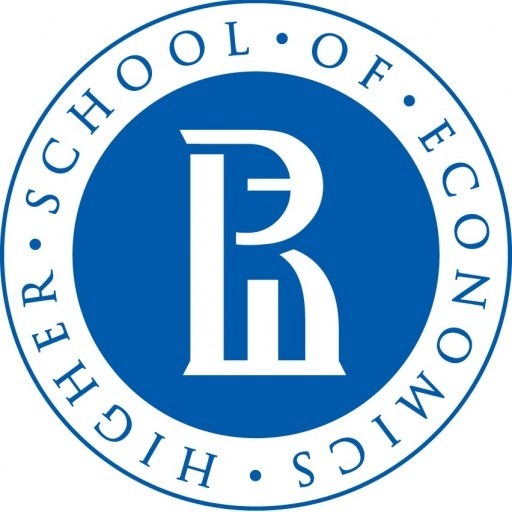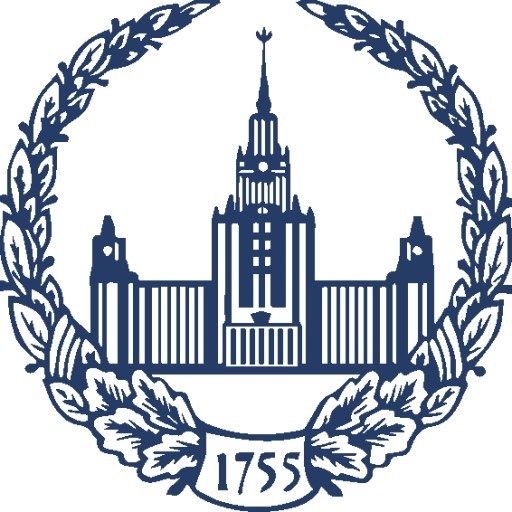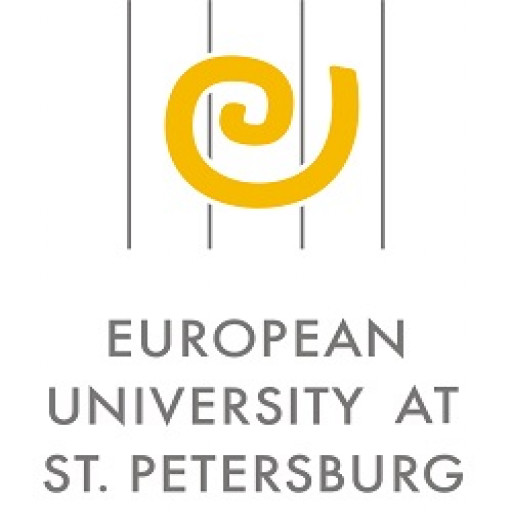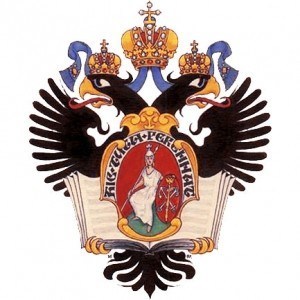Photos of university / #tyumen.university
Field: Description of the programme
Value: The Bachelor's programme in Media and Communication at the University of Tyumen is designed to develop versatile professionals capable of effectively analyzing and producing various forms of media content across multiple platforms. The curriculum provides students with a comprehensive understanding of media theories, communication strategies, and digital technologies that are essential in today’s rapidly evolving information landscape. Throughout the programme, students acquire practical skills in journalism, public relations, advertising, media management, and content creation, enabling them to meet the demands of contemporary media environments. Emphasis is placed on fostering critical thinking, ethical considerations in media practice, and cultural awareness to prepare graduates for diverse roles in the media industry. The programme includes coursework in media history, media law, digital communication, multimedia production, and audience analysis, combined with internships and project work that provide real-world experience. Students have access to state-of-the-art facilities, including media labs and editing suites, and are encouraged to engage in research projects and media campaigns. The programme aims to develop not only technical competence but also creative and strategic skills, empowering graduates to innovate and lead in fields such as journalism, broadcasting, digital marketing, and corporate communication. Graduates of the Media and Communication programme at the University of Tyumen are well-equipped to pursue careers in media organizations, advertising agencies, public relations firms, or to continue their studies at the postgraduate level. The university’s strong connections with industry partners and emphasis on practical training ensure that students graduate with a competitive edge in the dynamic and expanding media sector.
The Media and Communication programme at the University of Tyumen offers students a comprehensive education in the dynamic fields of media production, communication theory, journalism, and digital technologies. The curriculum is designed to equip students with the essential skills and knowledge necessary to succeed in various media industries, including television, radio, online media, and print journalism. Throughout the programme, students explore fundamental theories of communication, develop critical thinking abilities, and learn to analyze media content from different cultural and social perspectives.
The programme emphasizes practical training, enabling students to acquire competencies in media design, content creation, editing, and broadcasting. Courses cover topics such as media ethics, media law, digital communication, public relations, multimedia production, and new media technologies. Students have opportunities to participate in internships, workshops, and media projects that foster hands-on experience and professional networking. Specializations within the programme allow students to focus on areas such as journalism, media management, advertising, or media analysis, tailoring their education to their career ambitions.
The faculty consists of experienced professionals and researchers dedicated to mentoring students and facilitating their academic and professional growth. The programme also encourages interdisciplinary collaboration, integrating insights from sociology, psychology, political science, and computer science to adapt to the rapidly changing media landscape. Graduates of the Media and Communication programme at the University of Tyumen are prepared for careers as journalists, media managers, PR specialists, content creators, and digital communication experts. They are equipped with the critical thinking, technical skills, and ethical awareness necessary to navigate and innovate within the media industry in Russia and globally.
Program requirements for Media and Communication at the University of Tyumen typically include a completed application form, a high school diploma or equivalent, and transcripts demonstrating secondary education completion. Applicants are often required to submit a motivation letter or personal statement outlining their interest in the field and career goals. Proficiency in the English language may be necessary, demonstrated through standardized tests such as TOEFL or IELTS, depending on the applicant's country of origin. Additionally, some programs may require passing an entrance examination or participating in an interview to assess communication skills, motivation, and suitability for the program. Prior knowledge of media, journalism, or communication theories might be advantageous but is not always mandatory. Applicants should also submit identification documents, passport copies if applicable, and photographs adhering to the university's specifications. For foreign students, additional documentation such as visa application forms and health insurance may be required. The selection process focuses on academic performance, motivation, and language proficiency. Meeting these requirements is essential for eligibility, but specific conditions may vary year to year. The university encourages applicants to review official guidelines and deadlines posted on their website to ensure complete submission of all necessary documents. Prospective students are advised to prepare all materials well in advance to adhere to application timelines and increase their chances of acceptance. The program aims to select motivated individuals passionate about media, communication, and journalism, with a strong emphasis on analytical abilities, creativity, and effective communication skills.
The financing of the Media and Communication program at the University of Tyumen primarily encompasses state-funded and tuition-based methods. As a major Russian university, the University of Tyumen offers various opportunities for students to finance their education through government subsidies, including budget-funded places allocated based on entrance examination results and competitive selection processes. These state-funded positions aim to support talented students and promote accessibility to higher education for individuals from diverse socioeconomic backgrounds. For students who do not secure a state-funded spot, tuition-based education provides an alternative, with fees established according to the university’s tariff policies for the academic year. The cost of education varies depending on the specialization, program duration, and academic load.
Additionally, the university encourages students to explore external sources of financial support. Scholarships are available for outstanding academic performance, research achievements, and participation in extracurricular activities. There are also targeted scholarships aimed at supporting students from specific regions or social groups, which can significantly alleviate the financial burden of studying. The University of Tyumen cooperates with government agencies, private companies, and non-profit organizations to offer grant programs and sponsorship opportunities to eligible students.
Students may also access financial aid through federal or regional programs designed to promote higher education and professional development. Part-time employment opportunities are often available on or near campus, allowing students to supplement their income while gaining practical experience relevant to their field of study. University administrative offices provide guidance on applying for various funding options and navigating the financial support system.
In conclusion, the financing of the Media and Communication program at the University of Tyumen involves a multi-faceted approach combining state-funded places, tiered tuition fees, scholarships, grants, and employment options. This comprehensive system aims to make higher education accessible and support students throughout their academic journey, fostering an environment conducive to academic excellence and professional growth.
The Bachelor’s program in Media and Communication at the University of Tyumen offers students a comprehensive education in the fields of media production, communication theories, journalism, advertising, and public relations. The program is designed to prepare graduates for diverse roles within the media industry, including media analyst, journalist, PR specialist, advertising manager, and content creator. Throughout the course, students gain practical skills in writing, editing, multimedia production, and digital communication platforms, alongside a solid foundation in media ethics, media law, and the social impact of mass communication.
The curriculum combines theoretical knowledge with hands-on experience, often incorporating projects, internships, and collaborations with media organizations to ensure students are well-equipped for the professional environment. In addition, the program emphasizes the development of critical thinking, storytelling skills, and a deep understanding of media ecosystems in the digital age. As part of the program, students have access to modern media labs, editing suites, and digital resources, enabling them to practice and refine their technical competencies.
The faculty includes experienced academics and media practitioners, providing mentorship and industry insights. The program also covers emerging trends such as social media strategies, online journalism, and multimedia content management. Graduates of the Media and Communication program at the University of Tyumen are expected to possess not only creative abilities but also analytical and strategic skills necessary for effective communication in various contexts. The program aims to foster innovative thinking, ethical standards, and responsiveness to the evolving media landscape, preparing students for successful careers both within Russia and internationally.




